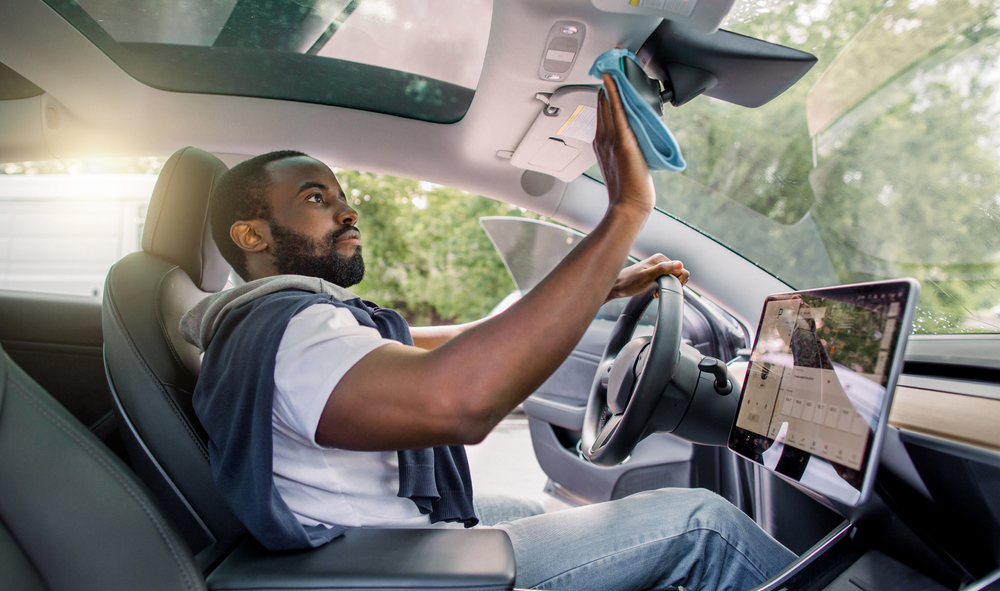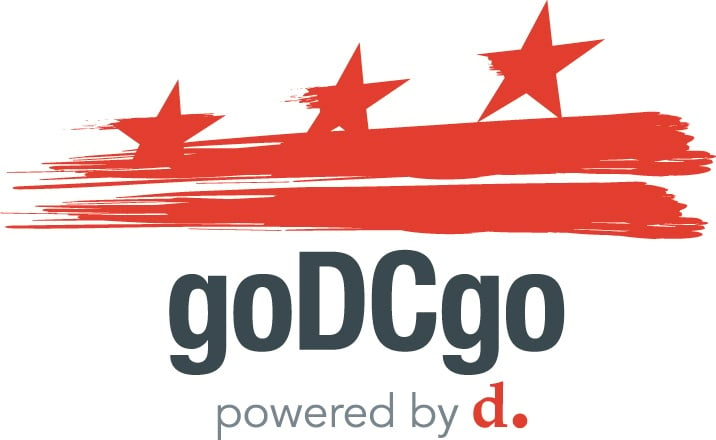Living in Washington, DC can bring you closer to car-free living with all of the sustainable transportation options available to get you to, from, and around the city. In fact, Redfin ranked DC the 4th “Best City for Living Without a Car” in 2017. If you still aren’t quite ready to hang up your car keys, here’s the bigger picture of car ownership -- the average cost to own and operate a new car is nearly $10,000/year or $805.50/month. This estimate is calculated based on considerations for vehicle value and depreciation, finance/loans, and the price of gas, insurance, licensing, registration, taxes, maintenance, and repairs. It's no wonder that buying a car is one of the biggest purchases a person will make in their lives! Try calculating your own driving costs to see how much you're spending every year.
Imagine what you could do with all that annual savings if you shifted to a car-free or car-lite lifestyle! We certainly have some ideas to inspire you like traveling, investing in a home, furthering your education, starting a business, buying that designer bag you've been eyeing or a cool electric bike or scooter, and so much more. It's also worth noting that you can set aside up to $280 per month on a pre-tax basis to cover commuting costs by using public transit or vanpools, which significantly reduces the monthly expenses of owning a car. Employer-supported, commuter benefits can help with bike-related expenses, an annual Capital Bikeshare membership, or carsharing programs. Exact savings on your commute will depend on the type of commuter benefits program offered by your employer. In general, employees who participate in a pre-tax commuter benefit can expect to save up to $1,000 per year or 35-40% per month. Contact your HR department for your program specifics.
Still not convinced? Using alternative, more sustainable transportation modes would better serve the entire population because driving is not only an expense to individuals, but to society as a whole. One study found that driving a car costs society $0.18 per mile due to the associated pollution, land use, collisions, infrastructure construction, and maintenance costs. The individual cost of driving a car is $1.60 per mile due to the cost of operation, travel time, congestion, and parking. In contrast, biking generates a $0.32 net benefit to society for every mile cycled, primarily due to the health benefits of physical activity. For individuals, the cost of biking is $0.26 per mile, which is only about one-sixth the cost of driving a car. Walking was found to generate the greatest net benefit to society at $0.69 per mile. Though the personal price of walking is more than biking at $0.56 per mile, it still costs much less than driving.
Along with hurting your pockets, personal vehicles come at a cost to the environment, accounting for almost a fifth of American carbon emissions. You can reduce your carbon footprint by traveling sustainably! And fortunately, society is shifting travel demand from automobiles to alternative modes due to trends in aging population, rising fuel prices, increased urbanization, increased traffic congestion, rising roadway expansion costs, changing consumer preferences, and increased health and environmental concerns. There are plenty of benefits to prioritizing active and public transportation and transit-oriented development instead of driving. See the table below.
| Transit-Oriented Benefits | |
| Reduced traffic & parking congestion | More efficient & expanded mobility |
| Improved equity & accessibility | Increased public fitness & health |
| Road & parking facility cost savings | Consumer cost savings |
| Increased road/traffic safety | Energy conservation |
| Reduced air & noise pollution | Community cohesion & reduced crime risk |
| Shorter commute times | Reduced infrastructure costs |
| Increased productivity | Increased home property value |
goDCgo encourages you to leave the car behind and save tons of time, money, and stress by choosing alternative travel modes like walking, biking, and taking public transit. According to INRIX, DC drivers spend an average 65 hours per year searching for parking at a cost of $1,367 per driver in wasted time, fuel, and emissions, which amounts to $329 million in costs to the District as a whole. Compared to the largest cities nationwide, Washington, DC ranks #4 for the most hours spent searching for a parking spot. Your time is valuable and as they say, time is one thing you can never get back!
In addition to lost time and money, the pains of parking can contribute to road rage and a reduced quality of life. Almost two-thirds of US drivers (61%) reported they felt stressed trying to find a parking spot, nearly half (42%) missed an appointment, one-in-three (34%) abandoned a trip due to parking problems, and one-quarter (23%) experienced road rage. Along with time spent in the search for parking, DC drivers spent an average 48 hours stuck in traffic last year. Regain your physical and financial freedom with sustainable transportation! Find your new commute or route around the town using goDCgo’s interactive map. You’d be surprised how far you can go with no car!





.jpg)


